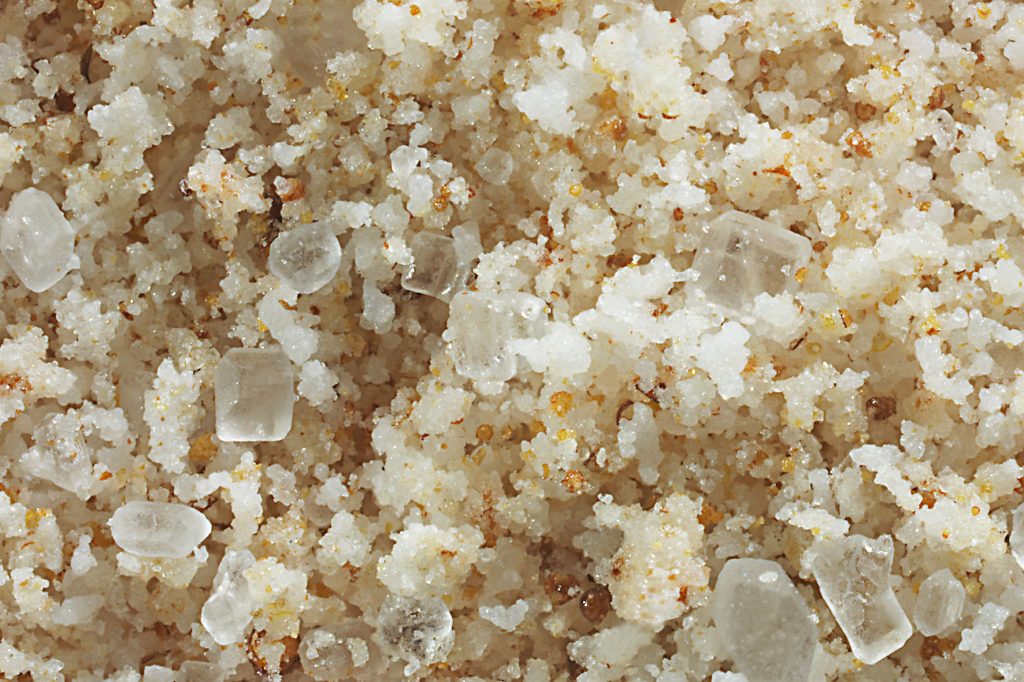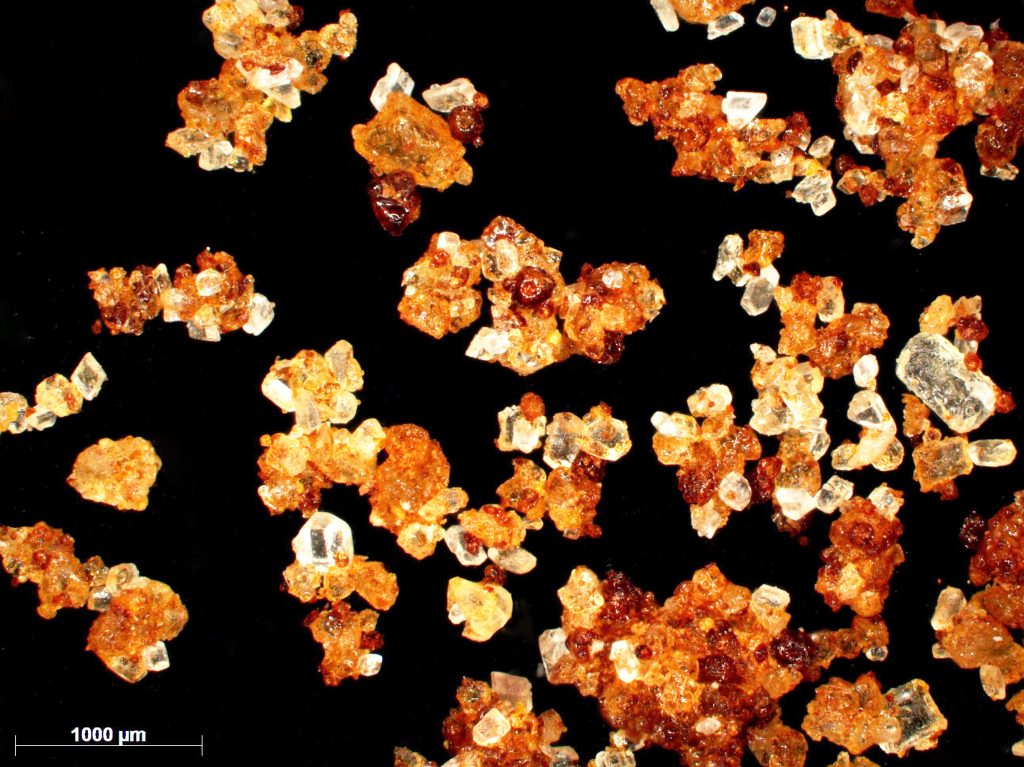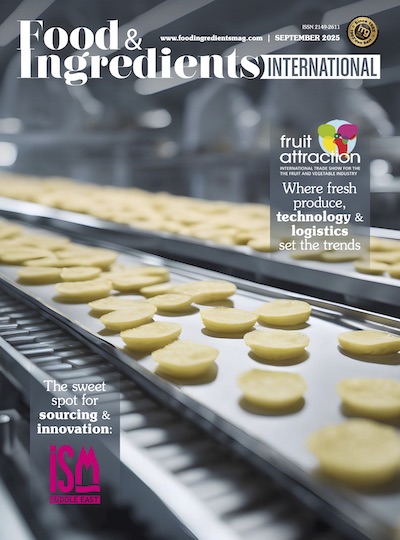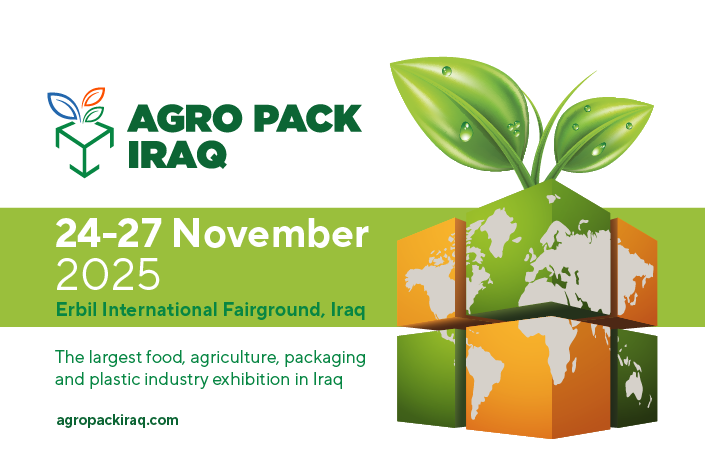Powdery substances often cause problems during dosing, filling and transport because of their high dust content and poor flowability. Low solubilities and dispersing properties also impair the application of the end product. With the help of fluidised bed spray agglomeration, the size distribution and structure of difficult-to-process particles can be specifically adjusted and improved.
According to a study by the Research and Markets Institute, the global market for plant-based milk alternatives will grow at an estimated annual rate of 9.9% until 2025 (vegconomist 2020). Market shares of almond and soy milk are expected to grow particularly rapidly, at 40% and 37% respectively. At the same time, the application and use of powdered products is increasing. Benefits include the fact that less packaging required, which is more sustainable, and transport is both easier and cheaper. Dry products also have a longer shelf-life after opening and, being a concentrated form, deliver more per-volume value than fluids. Moreover, manufacturers can handle powdered ingredients more easily.
Drying is key to product success
The most common applications of milk powder to date include infant nutrition, instant drinks and sports or nutritional supplements. Refined (agglomerated) milk powders or lactose are also commonly used as a base ingredient for tableting applications owing to their special properties. Furthermore, in pods and vending machine systems, they sweeten the day for coffee and tea lovers (Fig. 1). The most important quality parameters for milk powders are their microbiological, sensory and physico-chemical properties, for which the drying process has a decisive influence. A central challenge in production is microbiological safety. Milk alternatives, like other food ingredients, have very high hygiene requirements.

Increased porosity for better solubility and instantisation
Fluidised bed (FB) spray agglomeration is a gentle method that can be used to process powdered milk alternatives. FB systems are frequently used when the raw materials need to be both thermally dried and refined in a single process step that’s also economically viable.
How quickly an instant product dissolves during mixing or stirring, for example, depends primarily on the wettability of the agglomerate structure. This, in turn, is determined by the particle size distribution, the bulk density and the internal porosity of the particles.

Agglomeration processes can be done both batch-wise and continuously. In FB spray agglomeration, powdery or finely divided raw materials are moistened with an injected fluid. As a result, liquid bridges form between the particles (Fig. 2). Owing to the optimal heat and material properties experienced in fluidised beds, the moist agglomerates dry quickly and gently at a low fluidising gas volume flow rate and a low temperature. The typical product structure results from contacts forming between liquid-wetted particles (Fig. 3). Once they have reached a certain particle size, the products leave the fluid bed apparatus and can be packaged directly.
Because of the low mechanical forces generated in the fluidised bed, agglomerates are looser and less dense compared with spray and/or wet granulates. They have a low bulk density and are highly soluble in water. The products have a porous structure, capillary surfaces and are highly controllable in terms of particle size distribution (0.2–2.5 mm).

A wide range of process options for specific applications
With the help of adjustable process parameters such as the process gas volume flow, temperature, spray pressure and exhaust air humidity, consistent product quality can be ensured — depending on the material properties and composition (fat content). In addition to classic instantisation, the technology also offers possibilities for encapsulating active ingredients or flavouring products. Fluidised bed technology is also used to dry liquid ingredients into granules or pellets, enclose them in microcapsules and, if required, cover them with a functional spray coating.
At its technology centre, Glatt provides access to sophisticated technologies and support for formulation, product and process development that’s adapted to individual customer requirements. The process always starts with tests on a lab-scale system. The in-house analytical laboratory then conducts in-process analyses to quickly adjust particle properties such as size and bulk density. For a reliable scale-up, process and operating parameters are determined in pilot studies.
Bibliography
Kunz, Clemens (2012): Historical aspects of human milk oligosaccharides. In: Advances in nutrition (Bethesda, Md.) 3 (3), 430S-9S. DOI: 10.3945/an.111.001776.
vegconomist (2020): Marktbericht: Der globale Markt für Milchalternativen verzeichnet starke Wachstumszahlen – vegconomist. Online available under https://vegconomist.de/markt-und-trends/marktbericht-der-globale-markt-fuer-milchalternativen-verzeichnet-starke-wachstumszahlen/, 4.6.2020.























